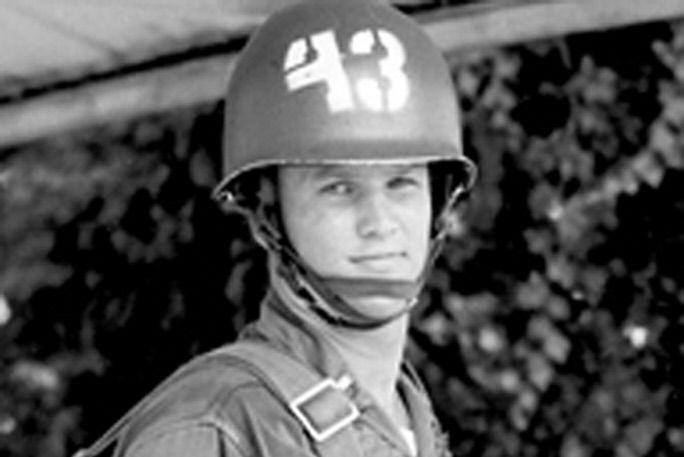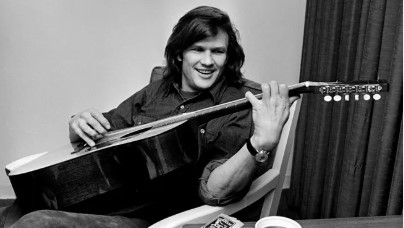Kris Kristofferson Was “Disowned” for Chasing His Country Music Dream
Kris Kristofferson’s path to becoming one of country music’s most influential singer-songwriters is a story of undeniable talent, fierce determination, and profound personal sacrifice. Born into a prominent military family, his father was a U.S. Air Force general, and it was widely assumed Kris would follow in those footsteps. Indeed, he appeared destined for a life of service and academia, attending top schools, earning a Rhodes Scholarship at Oxford University, and ultimately serving as an Army helicopter pilot.

However, from a young age, Kristofferson felt a powerful calling toward music. In the mid-1960s, he made a life-altering decision to pursue a career as a country singer and songwriter. For his traditional military family, this choice was nothing short of betrayal. They disowned him, going so far as to tell him he was “a disgrace to the family” and forbidding him from ever returning home.
Despite the heartbreak and the abrupt loss of familial support, Kristofferson remained resolute. He moved to Nashville, the hub of country music, where he struggled to make ends meet. In addition to his own songwriting efforts, he worked a variety of odd jobs, including a famously humble stint as a janitor at Columbia Records—a far cry from the privilege and prestige of his upbringing. Yet it was precisely this period of perseverance and humility that laid the groundwork for his future success.

Slowly but surely, Kristofferson’s songwriting talents began to garner recognition. Tracks such as “Me and Bobby McGee,” “Why Me Lord,” and “Sunday Mornin’ Comin’ Down” became significant hits, performed and recorded by major artists in the industry. The raw honesty and poetic depth of his lyrics distinguished Kristofferson as a singular voice, blending traditional country themes with a soulful, introspective quality that resonated deeply with audiences.
Over time, Kristofferson began mending fences with the family who once shunned him. His mother, initially so disappointed by his decisions, eventually grew proud of his accomplishments—to the point of calling radio stations to request his songs. It was a testament to how deeply he had touched both the country music scene and the hearts of listeners who understood the courage it took to deviate so sharply from the path laid out for him.
Kris Kristofferson’s journey stands as a testament to the transformative power of conviction and creativity. By refusing to surrender his dreams, he overcame ostracism, broke into one of the toughest industries, and earned a place among country music’s most revered talents. In doing so, he proved that real success demands risk, sacrifice, and the willingness to forge one’s own path—even if it means losing everything in the process.




